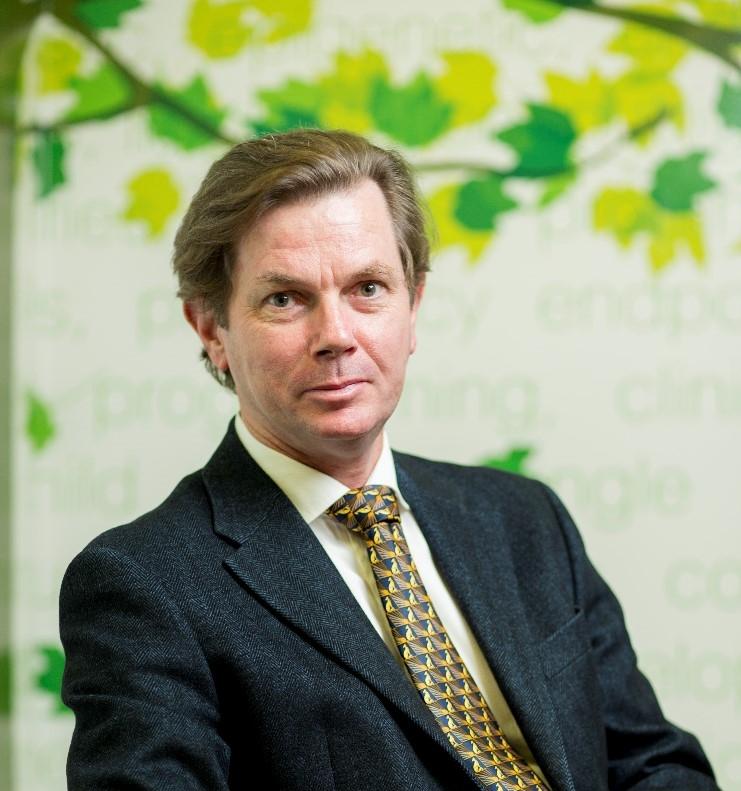Heart defects increase four-fold in IVF twins

Professor Michael Davies
Having twins from IVF or other related procedures quadruples the chance that a baby may have congenital heart problems.
Professor Michael Davies from the University of Adelaide’s Robinson Research Institute collaborated on a study, published in the journal JAMA Pediatrics, of more than half-a-million births in Ontario, Canada, which examined the incidence of heart problems in twins from assisted pregnancies.
“We have previously shown that having a baby as a result of using assisted procedures such as IVF nearly doubles the chance that a baby will have heart problems,” says Professor Davies. “This risk appears to double again for twins compared to singletons.”
“This new research shows that specifically for congenital heart defects, around 85 per cent of the excess risk is related to having twins. Globally, this is important as the chance of a twin pregnancy is highly influenced by clinical and patient treatment choices.
“Identifying the excess risk associated with having twins through IVF is important, as it is preventable."Professor Davies
IVF can greatly increase the chance of twins. The new finding reinforces the previous work done in Australia by researchers and clinicians, which dramatically reduced the chance of twins after infertility treatment.
“Identifying the excess risk associated with having twins through IVF is important, as it is preventable,” says Professor Davies.
Research previously carried out by Professor Davies in Australia established that assisted pregnancies using IVF or related treatments increases the chances that a baby will be born with heart problems.
“The number of single embryo transfers doubled very quickly in the early 2000s when our Australian research confirmed the safety and effectiveness of this option,” says Professor Davies.
“This change in patient and clinic behaviour was also facilitated by the relatively generous public funding system in Australia for infertility treatment, which enables safer choices.”
Approximately 15 in every 1000 babies in Australia is born with a congenital heart defect. Heart defects are a major cause of death and disability in the first year of life. Heart defects may include narrowing of the arteries, holes in the walls that separate the chambers of the heart and underdevelopment of the heart.
“At present, approximately four per cent of pregnancies are conceived using assisted reproductive technology with upward trends in recent years,” says Professor Davies.
“Multiple embryo transfer very slightly improves the chance of pregnancy but can increase the chances of twins being born by 10 times. This has reached epidemic levels in many countries including North America because of the cost of treatment.”
The study examined records of congenital heart defect diagnoses with reproductive technology cycles in 507,390 singleton or twin pregnancies (10,149 assisted pregnancies and 497,241 nonassisted pregnancies), including singleton and twin early pregnancy losses, stillbirths and live births in Ontario between 2012 and 2015.
“Australia, where out of pocket cost of an IVF cycle is approximately AUS$5,000, has amongst the lowest rate of twins being born after IVF treatment, approximately four per cent, compared to 20 per cent in North America where one embryo transfer costs approximately US$20,000 with the patient often being responsible for the full cost,” says Professor Davies.
Dr Shi Wu Wen and Dr Mark Walker of the Ottawa Hospital and the University of Ottawa led the study.
“This study provides further support for the practice of limiting the number of embryos transferred during in vitro fertilization and similar techniques,” says Dr Shi Wu Wen and Dr Mark Walker.
Further research is required, in both Australia and overseas, into the effects of IVF and related treatments on the incidence and types of birth defects.
Media Contacts:
Professor Michael Davies
Lifecourse and Intergenerational Health Research Group
Robinson Research Institute
The University of Adelaide.
Mobile: +61 (0)422 006 272
Email: michael.davies@adelaide.edu.au
Dr Shi Wu Wen
OMNI Research Group
Department of Obstetrics & Gynecology
University of Ottawa Faculty of Medicine
Ontario, Canada.
Tel: +1 613-737-8899 ext. 73912
Email: swwen@ohri.ca
Crispin Savage
Senior Communications and Media Officer
The University of Adelaide
Mobile: +61 (0)481 912 465
Email: crispin.savage@adelaide.edu.au
